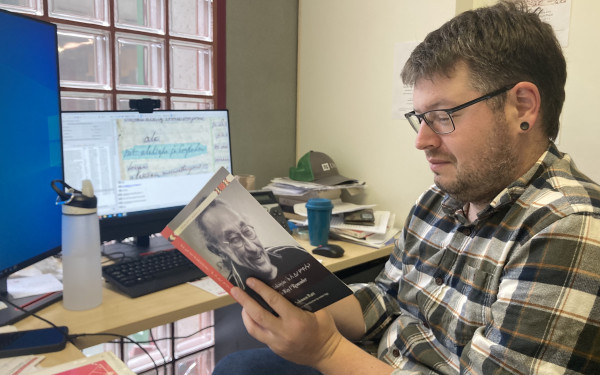English CEGEPs and Universities Brace for Bill 101
How New Language Laws Could Affect ConU
Concordia’s president Alan Shepard is concerned about Quebec Premier Pauline Marois’s promise to expand the scope of Bill 101 to English-language CEGEPs.
“If the government proceeds with plans to restrict English-language CEGEPs to anglophones who are an English successor, this poses a very serious risk to Concordia,” Shepard said. “We need to make sure we have a comprehensive strategy across Quebec, Canada and internationally.”
Shepard noted that if implemented, the expansion of the bill could result in shrinkage to the pool of applicants to Concordia.
He said that only a little over half of Concordia’s student population is anglophone, and that francophone and allophone students each represent about a quarter of the student body.
Bill 101 currently restricts access to English elementary and high schools, but Marois has said the expansion to include CEGEPs—like John Abbott, Vanier, Marianopolis and Dawson—can be “expected.”
The premier has expressed concern over immigrant students going to English CEGEPs and then subsequently integrating into English communities instead of French ones.
CEGEP students are generally over the age of 18. If applied to them, Bill 101 would restrict their ability, as adults, to choose their language of education, a fact that some in the local anglophone media have pointed out as being at odds with the Parti Québécois’s slogan, “À nous de choisir”—It’s for us to choose.
Shepard pointed out that within the reality of an expanded Bill 101, a student who is interested in one of Concordia’s programs and coming from a French-language high school would not be able to prepare for that transition by attending an English CEGEP first.
He said the new restrictions “will have an impact down the road for Concordia.”
Bill 101, also known as the Charter of the French Language, was enacted under Quebec’s first Parti Québécois premier, René Lévesque, in 1977.
Currently, under the section concerning the language of instruction in Quebec, the charter states that a child can attend an English school if one of their parents attended an English elementary school.
Marois has promised to table a new charter within 100 days of her taking office that will include CEGEPs as institutions bound by these restrictions.
The limitations placed on English-language schools have been responsible in part for a 20 per cent drop in enrolment in the past decade for the English Montreal School Board, with three elementary schools closing due to low enrolment this year and the EMSB recommending plans for the closure of nine high schools in the near future.
“If you restrict English-language CEGEPs only to people who have an English-language certificate, CEGEP numbers will go down dramatically among non-anglophones,” Shepard said.
Concordia has been reviewing its recruiting strategy since September.
“Protecting a strong pool of applicants is on my mind always—as for any university,” Shepard said. “[The expanded Bill 101] will have an impact, definitely. Should it come to pass.”

_900_600_90.jpg)


ED1(WEB)_600_375_90_s_c1.jpg)

web_600_375_90_s_c1.jpg)